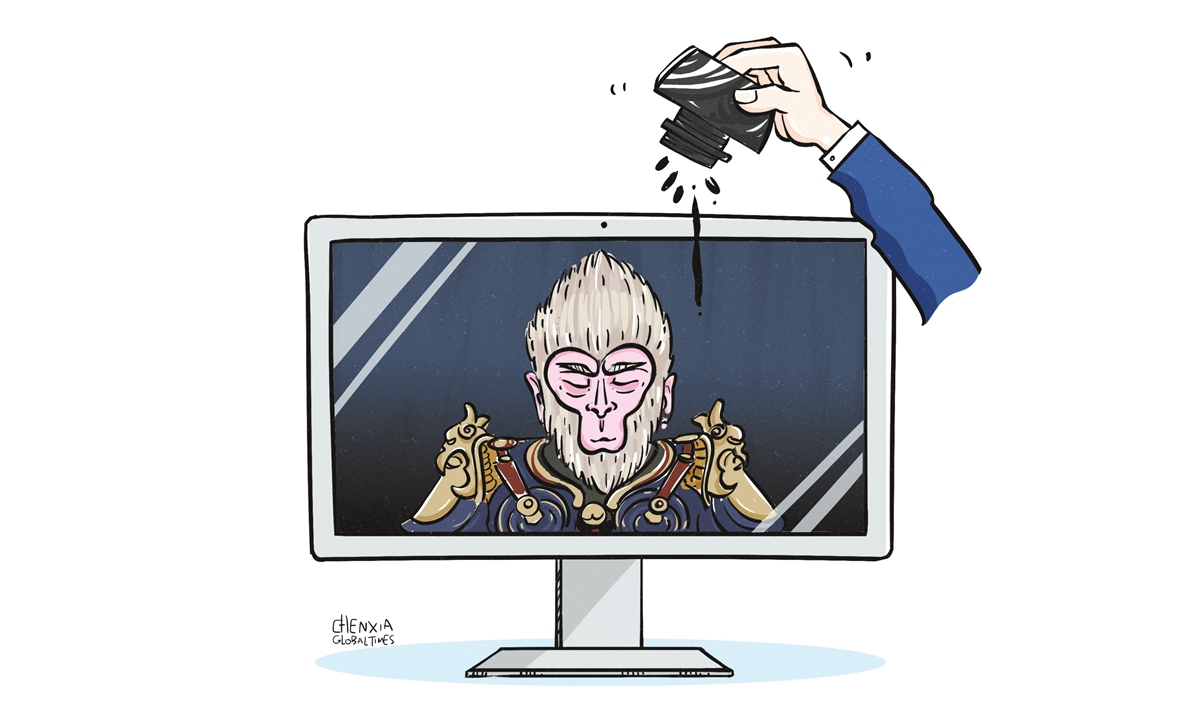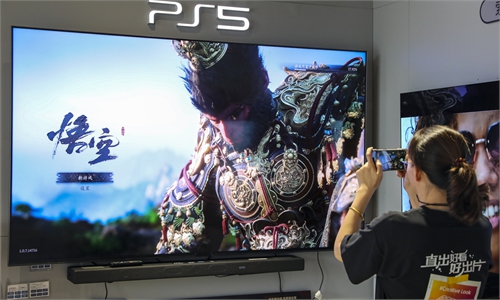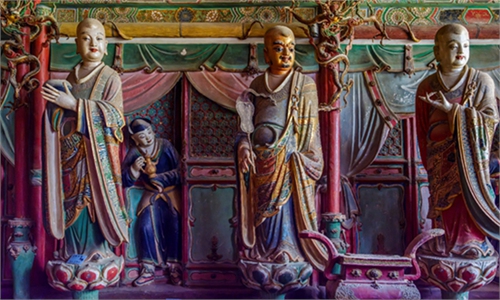PETALING JAYA: Malaysia needs to prioritise a support system for raising children to avoid the double whammy of declining birth rates and reaching aged nation status in less than a decade, say experts.
Many such policies have already been drawn up, such as setting up more childcare centres in the private sector, but the implementation of these programmes is slow and needs to be accelerated, they said.
Otherwise, Malaysia will not be able to produce enough working-age adults to support a society in which seniors make up the majority, they added.
Former Malaysian Research Institute of Ageing director and current Fellow at Academy Science Malaysia Datuk Prof Dr Tengku Aizan Tengku Abdul Hamid said there is a greater need for a system that supports childbearing, such as childcare facilities.
“Please do not do only the things the government promotes. This will not help, as shown in more developed countries. Even encouraging paternal care leave is tough. In Sweden, they increased the number of days for fathers.
“Ideally, there should be more flexibility in entry and re-entry into the labour force.
“This all ties into policy, which is why it is good to have a work-from-home policy with stricter guidelines, like during the Covid-19 lockdowns.”
Prof Tengku Aizan said employers need to rethink the face-to-face policy by implementing proper productivity measurements, while engendering greater trust between bosses and workers.
When asked if the government should provide some form of incentive through monetary or other means to promote marriage and children, Prof Tengku Aizan said such methods don’t work.
“Many countries have done this and given up. It is more important to have services and facilities to support care, especially for children of all income groups.
“Currently, such facilities are affordable for high-income families as businesses develop them.
“So, the government must take this up as children will be the future labour force,” said Prof Tengku Aizan, who is also chairman of the board at the Private Pension Administration.
She said this in response to the Statistics Department data which showed that Terengganu, Kelantan and Pahang are the only states still producing enough babies to replenish their populations amid a rapid decline in Malaysia’s fertility rates.
On marriage and childbirth incentives, Socio-Economic Research Centre executive director Lee Heng Guie said the country must have an integrated and well-planned population growth.
“It has to take into account socio-economic development, education, employment and communities. Demographic shifts also influence population growth,” he said.
Lee said declining fertility rates and shrinking working populations could lead to an ageing society, placing social and economic pressures on the government’s budget, particularly on revenue, pension and healthcare spending.
“Declining populations will slow economic growth and dampen demand due to a lower working-age population.
“The government has to adjust taxation and spending to meet the demands of changing demographics. Policies on pensions, employment law, childcare and benefits must change in the future to accommodate different needs.
“Measures for consideration are to raise the retirement age, training in middle life, and encouraging companies to re-employ retirees after the retirement age of 60,” he added.
Cause for concern as nation's fertility rate sees rapid decline
PETALING JAYA: Malaysians are not giving birth to enough babies to replenish the population amid a rapid decline in the country’s fertility rate.
According to the Statistics Department, 13 states and federal territories have total fertility rates (TFRS) that have dropped below the replacement level of 2.1 babies for every female aged 15 to 49.
The TFR is the average number of children a woman has in her lifetime. The replacement level is the fertility rate at which a population exactly replaces itself from one generation to the next.
Kuala Lumpur and Penang are the worst hit, with fertility rates of 1.2 children each, followed by Sabah (1.4).
“Sabah recorded the fastest declining TFR, with 5.5 children in 1980 and 1.4 children in 2022,” chief statistician Datuk Seri Dr Mohd Uzir Mahidin said in a video announcing Malaysia’s population trends.
Terengganu, Kelantan and Pahang are the only states still producing enough babies to replenish their populations.
“Only Terengganu, Kelantan and Pahang are recording a TFR above the replacement level,” Mohd Uzir said.
Terengganu has the country’s highest fertility rate at 2.9, followed by Kelantan (2.7) and Pahang (2.1).
Mohd Uzir said Malaysia’s overall TFR began to drop below 2.1 in 2013, adding that the decline could be seen across ethnic groups.
“Between 1980 and 2022, the TFR for all main ethnic groups declined. The trend of TFR for all ethnic groups except for Malays is below the replacement level.
“The Malay ethnic group recorded the highest TFR of 2.1 in 2022, while the Chinese ethnic group recorded the lowest TFR at 0.8 children for every woman aged 15 to 49,” he said.
The declining fertility rates mean that the average size of a Malaysian family has also got smaller.
A household in the country in 1970 would typically have more than five members (5.5).
Now, the average household size is 3.7 persons.
Perlis has the smallest household size at 3.1 persons, while Kelantan has the biggest at 4.8.
Universiti Putra Malaysia’s Malaysian Research Institute on Ageing (Myageing) senior research officer Chai Sen Tyng said factors contributing to higher reproductive rates in certain states may be linked to socio-economic influences such as women’s level of education and a change in values.
“I tend to believe it is because the population holds on to traditional religious views, where they believe children is a gift from God,” he said.
He added that the reason people have children changes over time.
“The reason why the poor have more children might be due to a lack of family planning, but the reality is that in agricultural societies, having more children means more hands to help and as insurance for old age,” he said.
Chai added that women’s education levels influence fertility rates as educated women have options and may not want to be tied down to childbearing or child rearing.
“Women don’t want to get married and get trapped if they get the short end of the stick.
“Educated women have options and I think this is key. Men have to realise this,” he said.
However, Chai said that the main reason for declining fertility rates is the decline or delay in marriages.
“It is not all on married couples,” he said.
According to the Statistics Department, the current average age of marriage for men is 31, while women typically get married at age 29 – compared with 1970, when women got married at age 22 and men at age 26.
Chai also said the main reason couples decide to have fewer children is changing values and beliefs, not the high cost of living and raising children.
“To say people have fewer kids because of the high cost of child-rearing sends the wrong message.
“Many modern parents keep trying to buy the most expensive items for their children when it is primarily a consumer trap.
“It is natural to want only the best for our children, but what kids want most is our attention and time,” he said.
He added that higher-educated households tend to have fewer children, which may be influenced by competing career demands or concerns over future higher education costs.
He said the government could offer cash incentives, provide better family or parental leave, and make more childcare services available or accessible to stabilise the fertility rate.
Instilling positive family values, such as encouraging kinship, could also encourage couples to have more children for the right reasons, he added.
Malaysia’s TFR is the third lowest in Asean after Singapore and Thailand, at 1.6
Related news:

.jpg)












